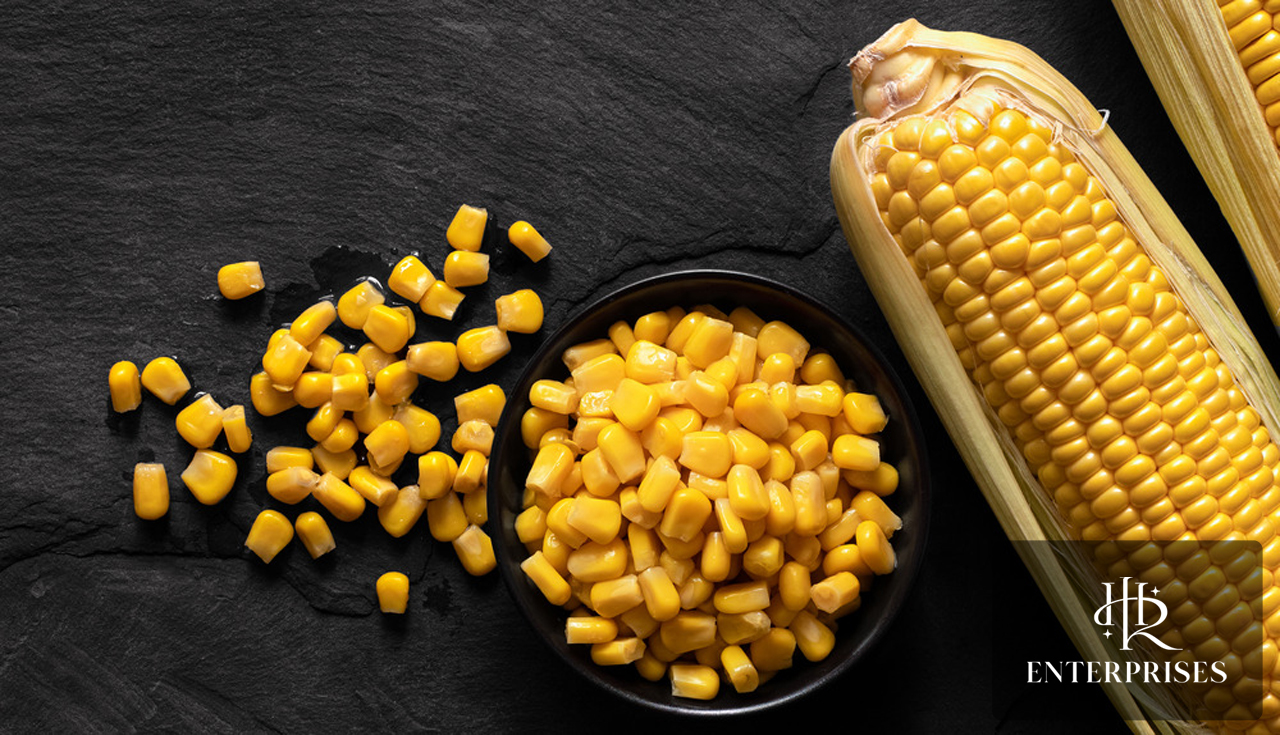What are the benefits of eating corn?
Corn, also known as maize, is one of the most widely consumed cereal grains in the world. Native to Central America, this versatile crop has become a staple food in many cultures. But what makes corn so beneficial to our health? This article will explore the numerous health benefits of eating corn, its nutritional profile, and how it can be incorporated into a balanced diet.
Nutritional Profile of Corn
Corn is not just a delicious addition to many dishes; it is also packed with essential nutrients. Here’s a breakdown of the nutritional content found in a cup (approximately 166 grams) of cooked yellow corn:
- Calories: 177
- Protein: 5 grams
- Fat: 2 grams
- Carbohydrates: 41 grams
- Fiber: 5 grams
- Sugars: 6 grams
- Vitamin C: 17% of the Daily Value (DV)
- Thiamine (Vitamin B1): 24% of the DV
- Folate (Vitamin B9): 19% of the DV
- Magnesium: 11% of the DV
- Potassium: 10% of the DV
Health Benefits of Eating Corn
1. Rich Source of Fiber:
-
- Corn is high in dietary fiber, which is essential for maintaining a healthy digestive system. Fiber aids in regular bowel movements and can prevent constipation. It also helps in regulating blood sugar levels and lowering cholesterol.
2. Supports Eye Health:
-
- Corn contains antioxidants such as lutein and zeaxanthin, which are known to be beneficial for eye health. These antioxidants help in protecting the eyes from oxidative damage and can reduce the risk of age-related macular degeneration and cataracts.
3. Provides Essential Vitamins and Minerals:
-
- Corn is a good source of several vitamins and minerals, including vitamin C, B vitamins (especially thiamine and folate), magnesium, and potassium. These nutrients are vital for various bodily functions, including immune support, energy production, and maintaining healthy blood pressure levels.
4. Antioxidant Properties:
-
- The antioxidants present in corn, such as ferulic acid, play a crucial role in protecting the body’s cells from damage caused by free radicals. This can help reduce the risk of chronic diseases like cancer and heart disease.
5. Energy Boosting:
-
- Corn is rich in carbohydrates, which are the body’s primary source of energy. Consuming corn can provide a quick and sustained energy boost, making it an excellent food choice for athletes and those with active lifestyles.
6. Gluten-Free Grain:
-
- Corn is naturally gluten-free, making it a safe and nutritious option for those with celiac disease or gluten sensitivity. It can be enjoyed in various forms, such as cornmeal, polenta, and tortillas, providing dietary variety for gluten-free diets.
7. Heart Health:
-
- The fiber, antioxidants, and potassium content in corn contribute to heart health by helping to reduce cholesterol levels, lowering blood pressure, and decreasing the risk of cardiovascular diseases.
8. Weight Management:
-
- The fiber content in corn helps promote a feeling of fullness, which can aid in weight management. By keeping you satisfied longer, corn can help prevent overeating and support healthy weight loss.
How to Incorporate Corn into Your Diet
Corn is incredibly versatile and can be incorporated into your diet in numerous delicious ways:
- Fresh Corn: Enjoy it boiled or grilled on the cob, seasoned with butter, herbs, and spices.
- Salads: Add cooked corn kernels to salads for a sweet and crunchy texture.
- Soups and Stews: Use corn as an ingredient in soups, chowders, and stews for added flavor and nutrition.
- Side Dishes: Prepare corn-based side dishes like succotash, creamed corn, or corn pudding.
- Baked Goods: Use cornmeal to make cornbread, muffins, and pancakes.
- Snacks: Enjoy popcorn as a healthy and low-calorie snack option.
Conclusion
Corn is more than just a tasty addition to your meals; it is a nutritional powerhouse that offers numerous health benefits. From supporting eye health and boosting energy levels to promoting digestive health and heart health, corn is a versatile and valuable food that can enhance your overall well-being. By incorporating corn into your diet in various forms, you can enjoy its delicious flavor and reap the many benefits it has to offer.

